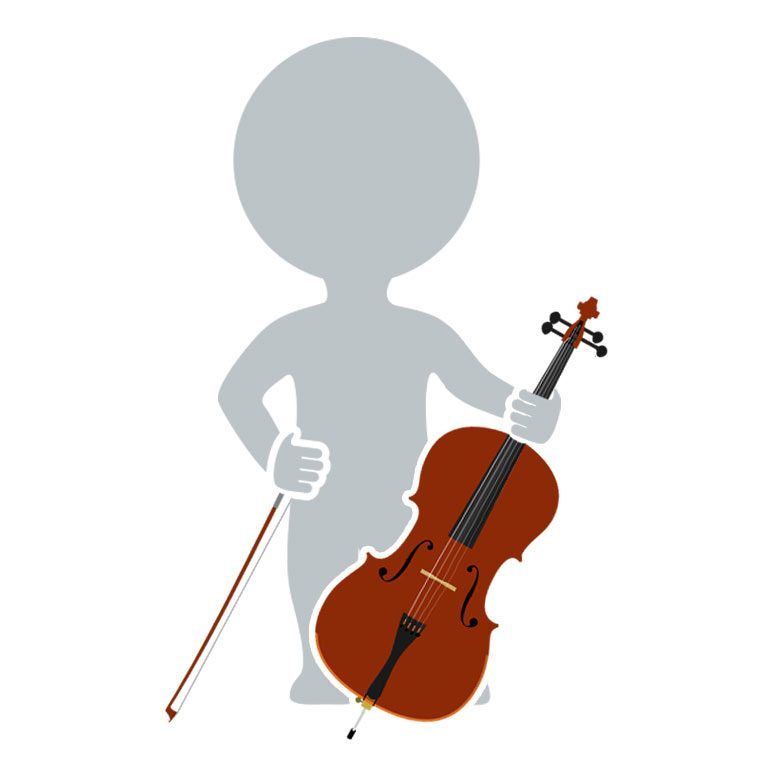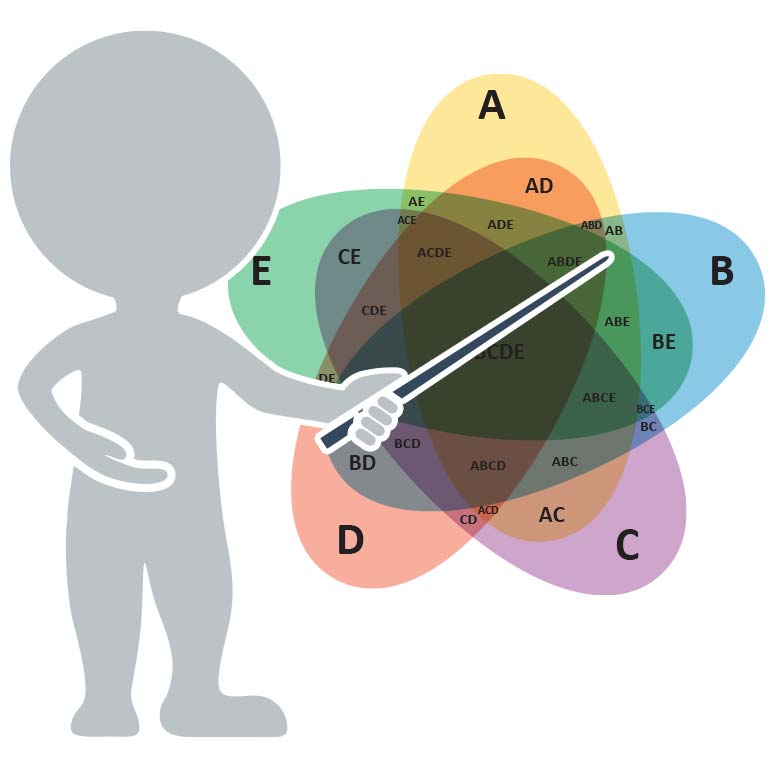It’s truly a small business. Just last week I wrote a blog about orchestras owning radio stations, in turn a reader pointed me in the direction of KING-fm classical radio in Seattle . After getting in touch with the radio station for information, I was contacted by Bob Goldfarb the KING-fm program director, and another ArtsJournal blogger…
But
aside from the thoroughly entertaining circle of events, I did have a
good conversation with Bob about the relationship between KING-fm and a
few of the Seattle based cultural institution. Here are the facts:
- KING-fm classical music radio is owned by the Seattle Symphony, the Seattle Opera, and The Seattle Arts Fund
- King-fm is a commercial station, not a non-profit
So we can say yes, there is a classical music radio station out there owned (in part) by a symphony orchestra. As
my discussion with Bob continued, I learned that although the station
certainly airs live broadcasts of opera and symphony concerts, the
controlling companies keep an arms length relationship regarding
station programming. In addition, the station does not share any
operational resources with any of the controlling companies. In general Bob believes that the effect ownership is slight compared to what the listeners actually hear.
As
our conversation progressed I learned that the conventional wisdom in
the classical radio industry discourages direct involvement with
listener call in shows or more "talk" oriented programming. And given Bob’s vast experience he certainly knows what he’s talking about. However,
my usual tendency (or foolishness depending on who you you’re talking
to) is to avoid conventional wisdom at nearly every turn. I think about some of my favorite classical radio station programming and one program comes instantly to mind: Adventures in Good Music with Karl Haas.
Here’s a program that I suppose falls under the category of talk radio, but it’s Karl talking about what makes music engaging. In addition to the talk, Karl plays music excerpts that help demonstrate his topic of the day. The
wonderful thing about the program is it has something to offer for
everyone, from music professionals right down to the classical music
newbie.
Using Adventures in Good Music as a guide, I still think there is a great deal of room for non music oriented programming on classical music stations. I
don’t know if it should replace music during prime drive times, but it
still offers a good venue for listeners and patrons alike to become
further acquainted with their orchestra, its musicians, and the world
of classical music. Granted, no one wants to
listen to a program where the orchestra development director prattles
on about their latest fund raiser (except perhaps the development
director), but I still believe that there’s more room for an increased
orchestra – radio station relationship than currently exists.
With so many orchestras and performing arts consortiums building multi million dollar performing arts centers (Detroit, Philadelphia, Nashville, the Kennedy Center, and Miami it would be nice to see them allocate some
of that money toward owning a radio station. At the very least, they
can sell it off if it fails and blame it all on me.


